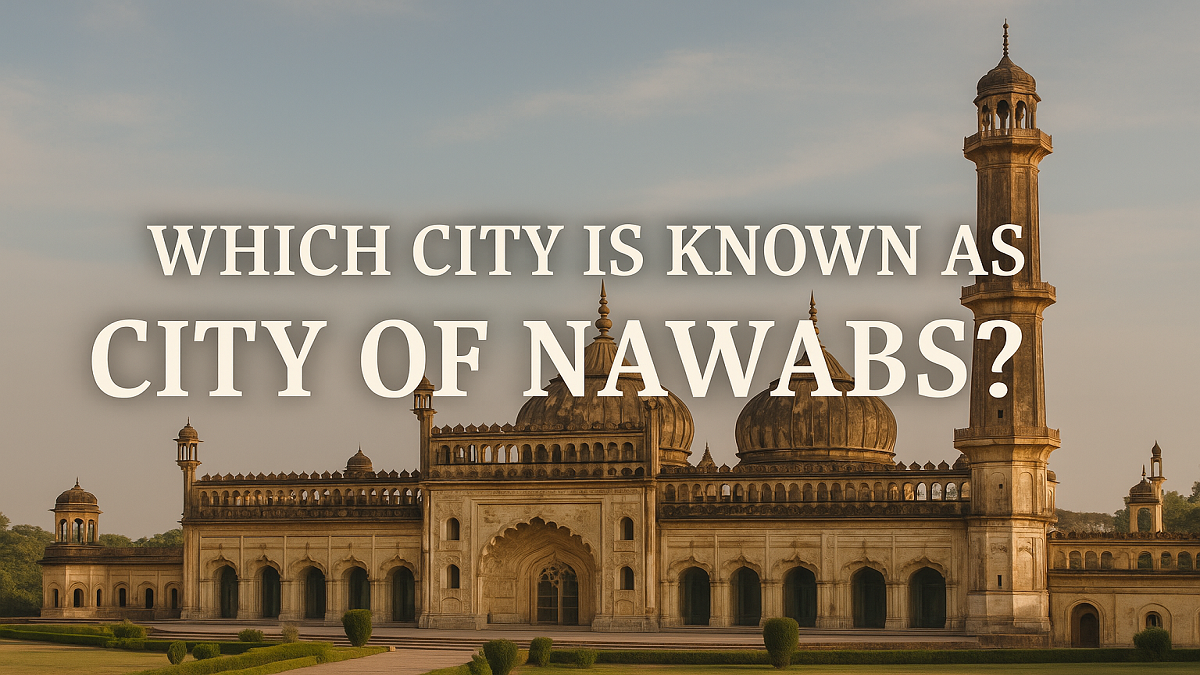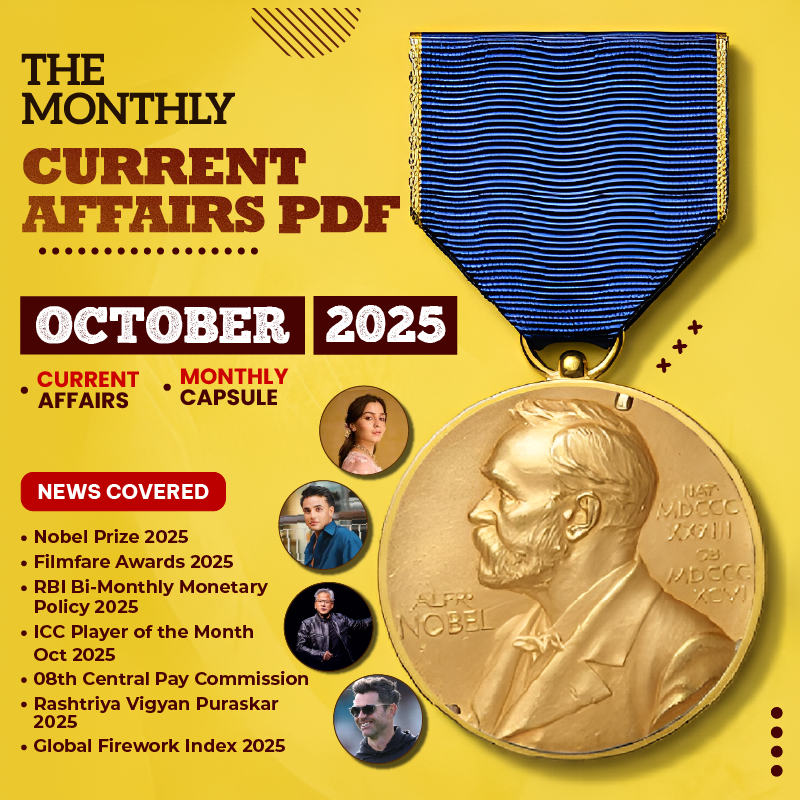Lucknow, known as the “City of Nawabs,” is a place where the passage of time appears to have frozen, safeguarding the grace and magnificence of its regal past. Positioned in the central region of Uttar Pradesh, India, Lucknow is a city characterized by charm, historical importance and cultural richness around every turn. This narrative explores the historical relevance, cultural legacy and distinctive character that contribute to making Lucknow the captivating “City of Nawabs.”
A Brief History of Lucknow, City of Nawabs
Lucknow’s history is intricately intertwined with the era of the Nawabs of Awadh. The term “Nawab” denotes a ruler or governor and Lucknow was home to a line of Nawabs who were known for their refined tastes, patronage of the arts and exquisite manners. The city flourished under their rule during the 18th and 19th centuries, becoming a hub of culture, art and refinement.
The Nawabs of Awadh known for their opulent lifestyles, fostering the development of classical music, dance and literature. Their architectural legacy, culinary traditions and gracious hospitality continue to influence Lucknow’s identity to this day.
| Other Important Articles | |
| Nickname of Indian Cities | Space City of India |
| City of Lakes | Yoga City of India |
Why is Lucknow known as “City of Nawabs”?
Lucknow, often referred to as the “City of Nawabs,” is indeed a city steeped in history, culture and culinary delights. There are several reasons why Lucknow has earned his title:
Historical Nawabi Legacy:
Lucknow’s association with the Nawabs of Awadh in the 18th century is one of the primary reasons for its nickname. The Nawabs were prominent rulers who left a significant mark on the city’s architecture, culture and way of life.
Architectural Marvels:
They city boasts a rich heritage of architectural wonders like Bara Imambara and Chota Imambara, both built during the Nawabi era. These structures showcase the grandeur and sophistication of the Nawabs’ region.
Cultural Splendor:
Lucknow’s culture is a unique blend of Persian, Mughal and Awadhi influences. The city is famous for its classical music, dance forms like Kathak and the refined Urdu language spoken with a distinct Lucknawi accent.
Culinary Delights:
Lucknow is renowned for its exquisite cuisine, which includes mouthwatering kebabs, biryanis and sweets. The Tunday Kababi, Rahim’s Kulcha Nahari and Prakash ki Kulfi are some of its examples.
Elegant Lifestyle:
The Nawabs of Lucknow were known for their elegant and extravagant lifestyles. This has had a lasting impact on the city’s ethos, with an emphasis on refined manners, hospitality and the appreciation of art and culture.
Unique Phrases and Language:
Lucknowites have a distinct way of speaking and often use words and phrases like “Shukriya,” “Pehle aap” and “Aadaab arz hai,” which reflect the Nawabi charm and politeness.
Famous Personalities:
The city has produced several renowned individuals, including actors like Naseeruddin Shah and Ali Fazal, who have contributed to the world of cinema and arts.
Find More General Studies News Here










 UPI Transactions Hit Record ₹27.28 Lakh ...
UPI Transactions Hit Record ₹27.28 Lakh ...
 PM Launches ₹1 Lakh Crore RDI Scheme, 25...
PM Launches ₹1 Lakh Crore RDI Scheme, 25...
 Culture and Heritage of Bihar – Know Abo...
Culture and Heritage of Bihar – Know Abo...







